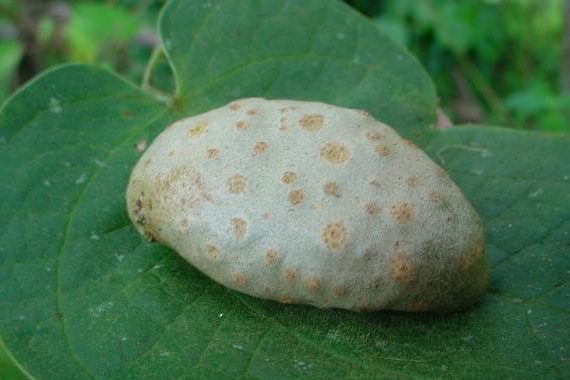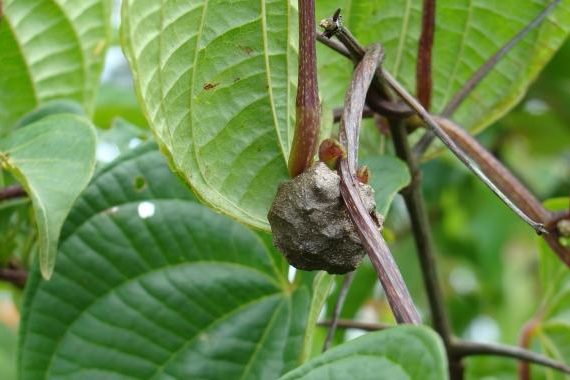M S Swaminathan Research Foundation and Botanic Garden (MSSRF and BG) promotes Food and Nutrition Security Initiatives to reduce malnutrition of tribal community and women by enhancing livelihood through the cultivation of Pulses, Roots, Tubers, Banana and Leafy vegetables. It has the objectives to enhance agricultural biodiversity by establishing and maintaining community level conservation plots for ensuring dietary diversity and food security, to enhance livelihood through Pulses cultivation by establishing Pulses seed villages.
For instance, according the World Bank calculation, half portion of the total population of the world experience severe poverty. Being the rich biodiversity hotspot and with rich resources, 36.3 crores population in India is still living below the poverty line according to the recent survey. The National Sample Survey conducted between 2011 to 2012 at 7496 villages and 5263 blocks in India reveals that the daily wage of village population is only mere rupees 17 who plunged in to extreme poverty and the daily wage of urban population is rupees 23 and 7.05% of the population of Kerala is living below the poverty line. MSSRF engage in revitalising the concept with the sustainable utilization of plant genetic resources for livelihood and for ensuring the nutritional security. The initiative is to promote the uptake of scientifically credible knowledge on the critical role biodiversity in providing ecosystem services, enhancing climate resilience and supporting human well-being.
The methodology has got a framework of interdisciplinary scientific research and interventions with baseline survey and nutrition assessment of the tribal women. Nutritional value of the local and wild varieties of pulses, tubers and leafy greens has been assessed for the promotion of nutrient rich crop for cultivation and consumption aspects.
|
Wild Dioscorea Nature provides numerous wild edible-medicinal products. Among these, roots and tubers come under the minor wild crops although they play important roles to fight against food scarcity and nutrition. The rich diversity of wild Dioscorea species of Western Ghats is ethno-medicinally important and a major source of food for the tribal inhabitants. Dioscorea species with dietary fibres and high antioxidant content not only enrich the diet but also maintain health of the local and rural people. Dioscorea varies remarkably even with in single variety makes it difficult to draw boundaries without methodical analysis. The nutritious wild yam has to be conserved and consumed as it’s a natural remedy and it’s a solution for nutritional malady |
|
Home nutrition garden and community conservation plots will contribute to the conservation effort and the programme is with the support of tribal and Health Departments of Kerala and societal contributions.
MSSRF encourage the consumption of wild edibles and preserve Wild Food Garden as an effective conservation attempt.
Scientifically credible evidences that help to promote conservation, cultivation, consumption and sustainable use of plant biodiversity, especially plants of nutritional, health and climate resilience value (ii) Capacity development of local community for revitalization of the biodiversity conservation traditions of the region and sustainable income generation (iii) Beauty of the nature and wonder of science is communicated powerfully through aesthetically made floral and horticultural designs/layouts and modern technologies in the form of many unique gardens. The long-term outcome will be the Garden becomes one of the lead centres of education and research in the area of Biodiversity. We believe, once it is fully functional, the Garden will emerge as the only one of its kinds in India, and perhaps in the world. The garden’s multiple components that plot and project the culinary diversity, curative diversity and crop-diversity (in partnership with farmers), we believe can usher an era of ‘Bio-happiness” for the people of this region.


